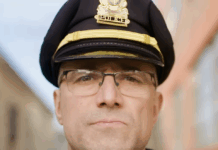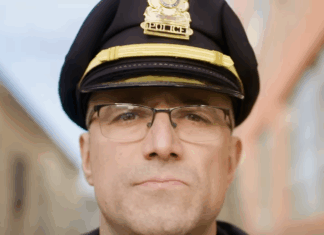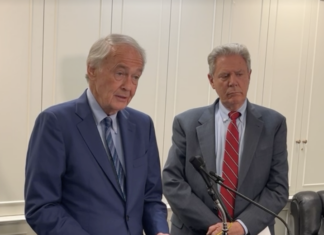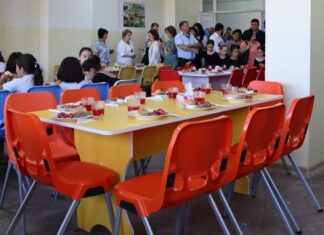By Arthur Hagopian
JERUSALEM — The epic odyssey of the boy Avedis, from the sandstorms of the Iraqi desert, to the golden throne of St. James in Jerusalem, wound down to its inevitable close this week, as the coffin slowly descended into the grave. The heavens themselves seemed to blaze forth the death of the prince, Archbishop Torkom Manoogian, Armenian Patriarch of Jerusalem, 96th in line of succession from Abraham, the first leader of the Armenian Church in the Holy Land.
In a hauntingly solemn ceremony, his fellow princes had led Manoogian to his final resting place in the Armenian cemetery of St. Saviors, a stone’s throw from the bulletriddled Zion Gate, one of seven that punctuate the 500-year-old Walls of the Old City.
Thousands of people, some of whom had flown in expressly for the occasion, watched the funeral or accompanied the cortege, the narrow streets of the Old City and the confined space within the cemetery making it impossible to accommodate more than a fraction of their number.
Putting aside their differences for a brief spell, leaders or representatives of practically every house of God in Jerusalem, and of every
political affiliation in the country, marched in the mournful funeral procession, from the Convent of St. James, seat of the Armenian
Patriarchate, to the Armenian cemetery.
Those attending included a special envoy from the Lebanon-based Armenian Catholicosate of the Great House of Cilicia and former Latin Patriarch of Jerusalem, Michel Sabbah, who emerged from self-imposed retirement, to join the funeral procession.







